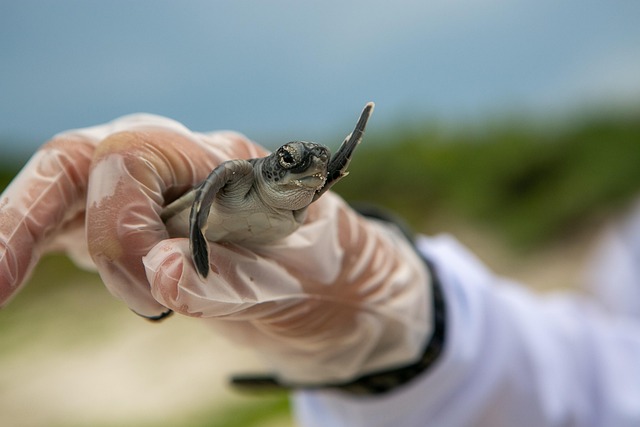As the world grapples with the escalating impacts of climate change, the role of marine ecosystems in shaping a sustainable future has never been more critical. Marine protection encompasses a range of practices aimed at safeguarding our oceans, which play a pivotal role in mitigating climate change. Our oceans not only absorb large quantities of carbon dioxide but also provide vital habitats for countless species. However, the dangers they face from pollution, overfishing, and climate change demand urgent action.
The health of our oceans is deeply intertwined with the health of our planet. When we talk about marine protection, we are advocating for the preservation of biodiversity, the restoration of habitats, and the reduction of human-induced pressures that threaten marine life. Coral reefs, for instance, are not just beautiful underwater landscapes; they are also essential for maintaining fish populations and protecting coastlines from erosion. Yet, rising sea temperatures due to climate change are causing coral bleaching, leading to disastrous consequences for marine biodiversity.
By establishing marine protected areas (MPAs), we can create sanctuaries for marine species, allowing ecosystems to thrive and regenerate. These areas help to buffer the effects of climate change by maintaining ecological balance and promoting resilience against environmental stressors. Moreover, healthy marine ecosystems contribute to job creation, particularly in tourism and fishing industries, highlighting that marine protection is not only an environmental imperative but an economic opportunity as well.
The fight against climate change requires a comprehensive approach, and marine protection must be a cornerstone of our global strategy. Educating communities about the importance of healthy oceans fosters a sense of stewardship that can drive grassroots movements. When individuals take ownership of their local marine environments—participating in beach clean-ups, promoting sustainable fishing practices, or supporting policies that protect marine areas—they contribute to a larger movement that keeps our oceans resilient.
Furthermore, the interconnectedness of land and sea means that tackling climate change holistically involves concerted efforts on multiple fronts. The reduction of greenhouse gas emissions, sustainable resource management, and pollution control on land directly benefit marine ecosystems. Policymakers must prioritize marine protection in broader environmental strategies to create a more sustainable future for all.
In our quest to combat climate change, it is essential to realize that the oceans are not mere resources to exploit, but vital components of our planet’s health. By championing marine protection, we are taking definitive steps towards a brighter, more sustainable future. Together, we can chart a new course that respects and preserves the breathtaking beauty and intricate balance of our marine environments.




